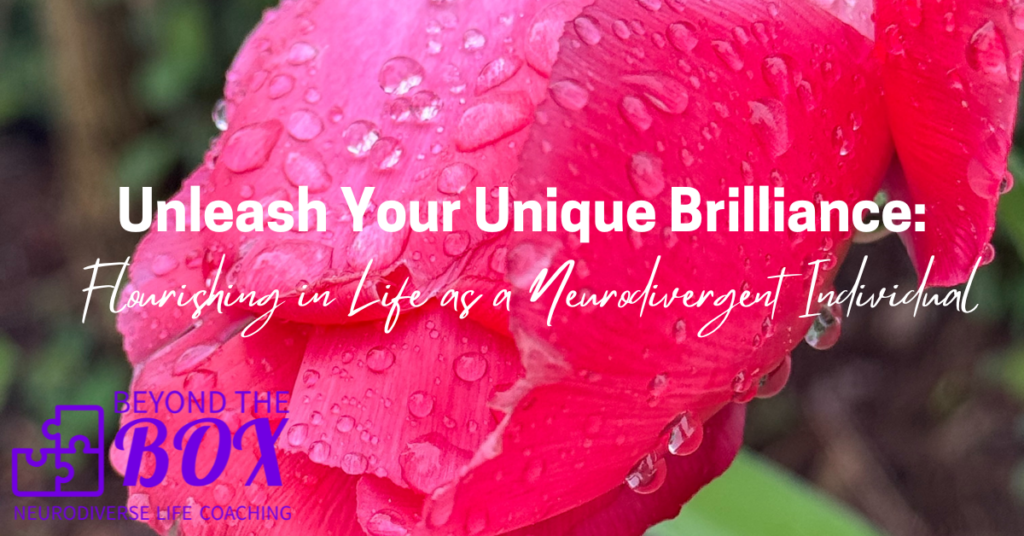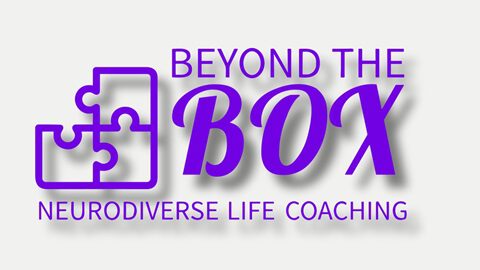What is Neurodiversity
As a neurodivergent person, you often know what your strengths and weaknesses are. This comes from a lifetime of creating workarounds to reach your full potential. 1 in 7 people has a neurodivergent condition. It’s estimated that in the global adult population, 10% are dyslexic, 5% are dyspraxic, 4% have ADHD, and 1-2% are autistic. While these statistics may signal a challenge, neurodiversity can also shine a light on a lot of strengths from thinking differently. Neurodiversity means brain diversity.
That phrase can mean very little to people because it explains nothing. So think about the phrase from a different perspective. What do we know of the word diversity? We all know about cultural and biodiversity and we in general view those as positive things. Therefore diversity is a positive element. Neurological refers to the wiring of the brain. We know that diversity is absolutely essential for a biodiverse ecological system that supports human life on earth. We know that when we travel or go on holidays to rest and recharge and also experience the diversity of other cultures first hand. I know I certainly do. Why view neurodiversity any different.
Understanding there are differences, and those differences, add on a daily basis to the rich tapestry of life that we all know. As a neurodiverse person, you are adding to that rich tapestry; your input is essential and beneficial. Diversity fully harnessed in your personal life and professional life can lead to lifelong supportive friendships without judgment. Diversity can lead you to live; your life in an unconventional way but in a way that supports you in a neurotypical world.
Passion for Social Justice: Many neurodivergent people are strongly focused on social justice. What some consider rigid hyper-focus on rules can be better understood as a natural tendency to intensely believe in the importance of fairness and justice. This focus on fairness, combined with deep empathy, leads to individuals who will fight passionately to protect the welfare of the disenfranchised and the environment. The belief that neurodivergent individuals are not empathetic is stunningly inaccurate for many.
Innovation & Novel Approaches: The ability to think differently and think outside of the box is an extremely marketable skill and one that employers look for. It was considered that Albert Einstein was dull-witted during childhood but grew up to be one of the brightest minds of our time. It is all about perception! Yes, he thought differently than most people, and look how he turned out! The biggest strength of being neurodivergent is that in itself, the ability to think beyond the box, compared to neurotypical people. Questioning how things are currently done: In an environment that is fast-paced and ever-evolving, it is a strength to have neurodiverse team members thinking differently and challenging the norms. Having taken on a task that has been done the same way for years; because ‘that’s the way it has always been done’, an autistic mind assesses and determines the most efficient and effective and innovative way to achieve that task.
Arts and Creativity: Many individuals on the autism spectrum have a unique perspective on the world, and art provides a means for them to express their thoughts, emotions, and experiences in a tangible and visual form. Art allows individuals with autism to communicate and connect with others in a way that may be challenging through traditional forms of communication. Stellar imagination: There are many gifts, but one of the greatest that neurodivergent individuals possess (due to their minds being wired differently) is stellar imaginations which leads to incredible creativity! That creative thinking ability leads to many opportunities in life. There is a huge list of positive, beneficial, and amazing autistic flourishes.
Visual Skills, Attention To Detail: It’s amazing the things people with autism notice that we usually overlook.
Analytical and Methodical Approach: Autistic people are analytical; good at noticing patterns and repetition.
Determination: When faced with obstacles, children with autism keep working hard to get over the challenges. This tenacity is brought through into adulthood and applied to all areas of life. Autistic people have greater success at beating the odds!
Acceptance of Others: Autistic people accept people for the actions they do, not listening and prejudging.
Integrity: honest, loyal, and committed
Observation Skills: there is a listen, learn, look approach to learning. Facts are researched. For example, my daughter will observe an activity a number of times before she will participate, but when she does join in, she can do the task well. I think the biggest strength that comes from my experience with neurodiversity, is my ability to make connections most neurotypicals miss.
Understanding your strength is an empowering thing it can open up avenues in life you never dreamed of. Working with a coach will allow you to explore your neurodiverse strengths in a safe environment, where you can consider how best to make these strengths work for you in a positive way. A positive approach will build strong relationships, which is the base for good development and quality of life. Celebrate your neurodiversity understand what it can add to your world and the world we live in.

